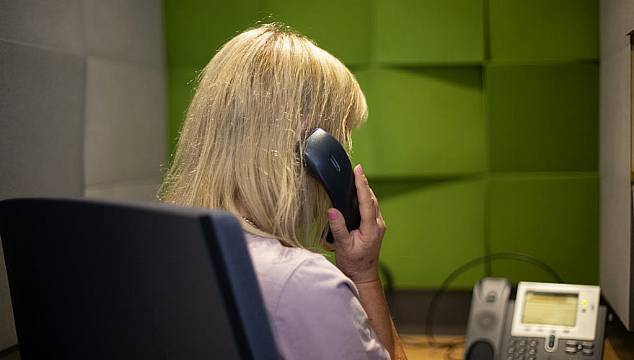New research from Samaritans Ireland has shown the stigma around people who self-harm affects several aspects of their life, including relationships, accommodation and employment.
The research, An Open Secret: Self-Harm and Stigma in Ireland and Northern Ireland, found people as young as four are self-harming.
Approximately 769 adults from across the Republic and the North took part in the research, with input from people with lived experience, as well as their family, friends, caregivers, healthcare professionals, and members of the public with no connection to the issue.
While 77 per cent of participants said they would be willing to help someone who self-harmed, 64 per cent said they would not carpool and 56 per cent said they would not rent an apartment with them.
Around 90 per cent of those who have self-harmed said they believe people will think less of them, with the portrayal of self-harm in the media and television impacting people's perception of the issue.
Of the respondents who do not self-harm, over half said they would not commit to a relationship with someone who self-harmed, while 30 per cent admitted it would impact their willingness to hire someone.

In addition, 80 per cent of those surveyed felt they could not speak to their employer about self-harm due to fears of judgement.
"Our findings are staggering and reveal that society in general frequently inflicts stigma and its effect on those who self-harm is profound," Samaritans Ireland's assistant director Mark Kennedy said.
"Nobody should have to bear the stigma and discrimination outlined in this report.
"It calls upon each of us to acknowledge our own responsibility to combat stigma and support those who are struggling with self-harm," he added.







